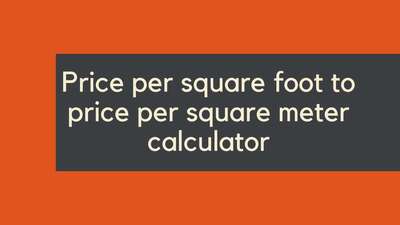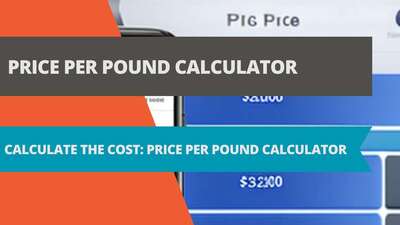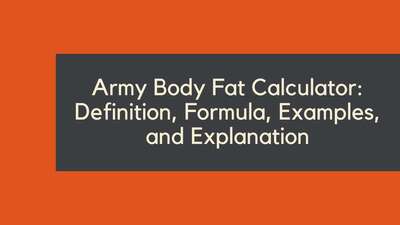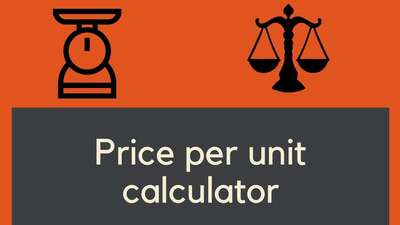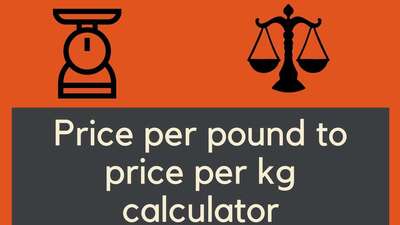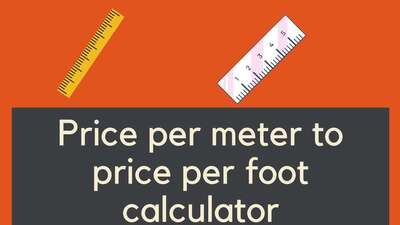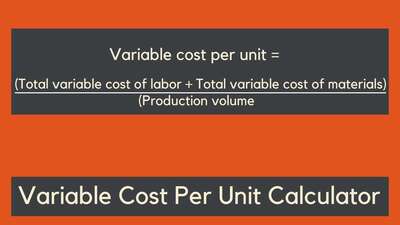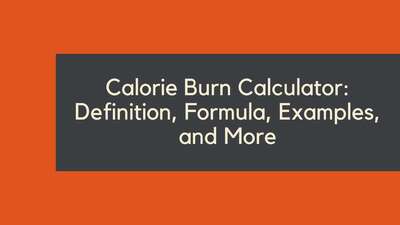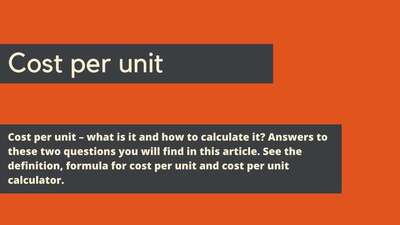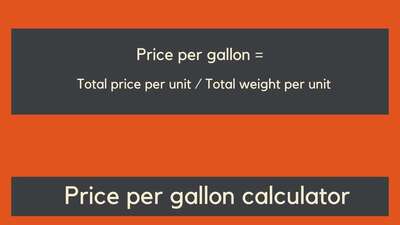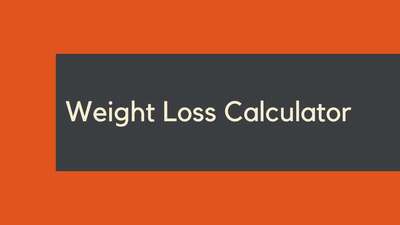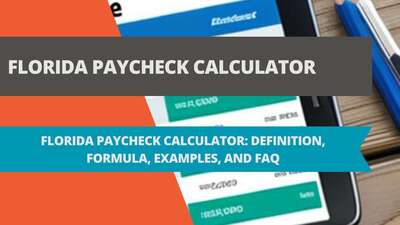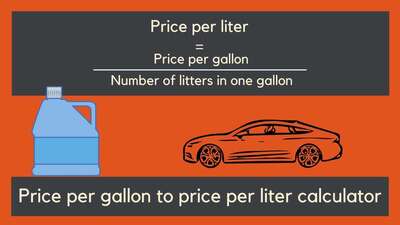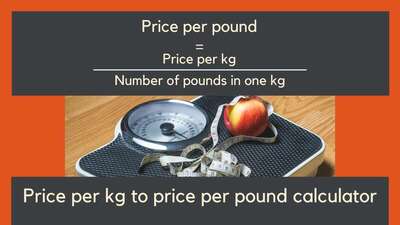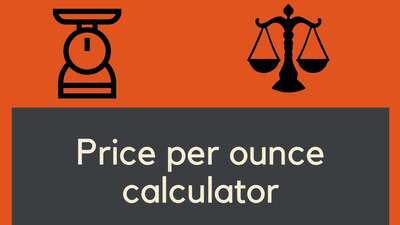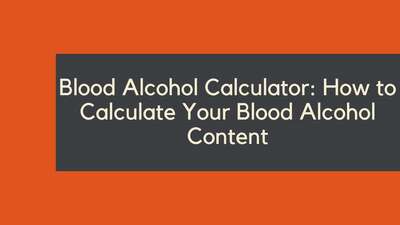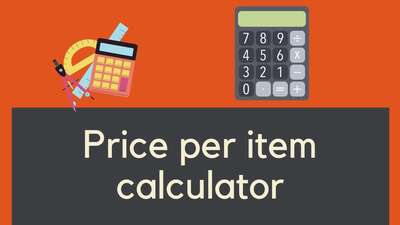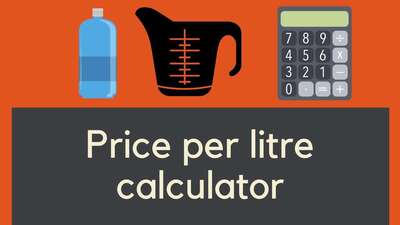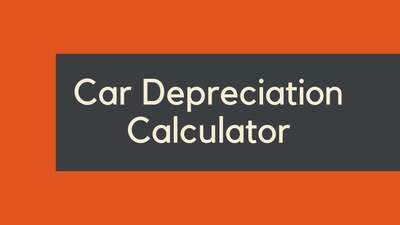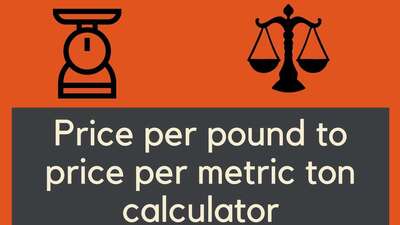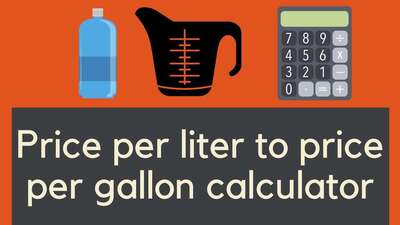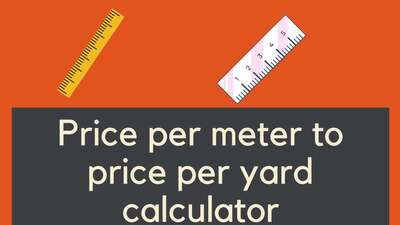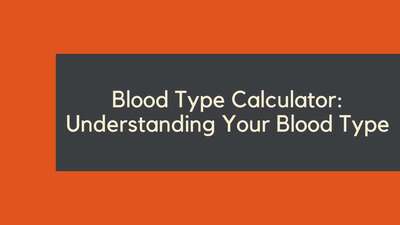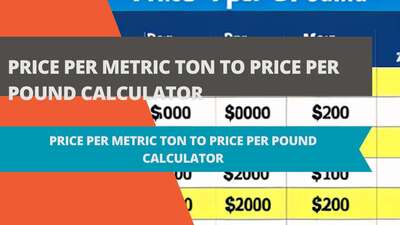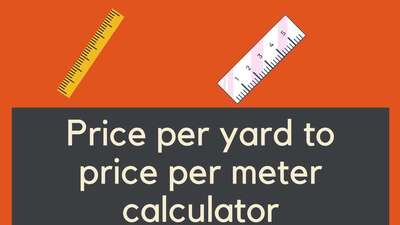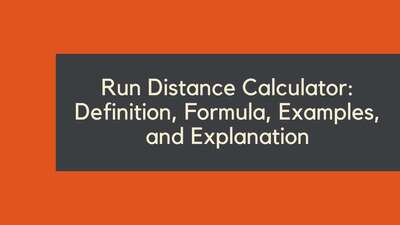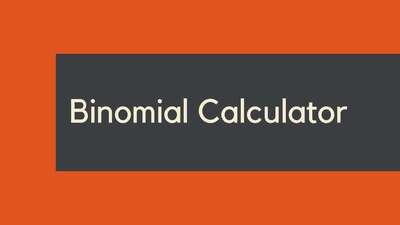Cholesterol Calculator: Definition, Formula, Examples, and Explanation
Cholesterol is a fatty substance that is essential for the normal functioning of the body. It is found in every cell of the body and is used to build cell walls, produce hormones, and digest food. However, high levels of cholesterol can increase the risk of heart disease and stroke. A cholesterol calculator is a tool that helps you determine your cholesterol levels and assess your risk of heart disease. In this article, we will discuss the definition, formula, examples, and explanation of a cholesterol calculator.
Definition
A cholesterol calculator is a tool that helps you determine your cholesterol levels by entering your age, gender, and cholesterol levels. It provides you with a result that shows your cholesterol levels, which are categorized as normal, borderline, or high. This information can help you assess your risk of heart disease and make lifestyle changes to lower your cholesterol levels if needed.
Formula
The formula for a cholesterol calculator is based on the lipid profile test results. The lipid profile test measures the levels of different types of cholesterol in your blood, including:
- Total cholesterol
- Low-density lipoprotein (LDL) cholesterol, also known as "bad" cholesterol
- High-density lipoprotein (HDL) cholesterol, also known as "good" cholesterol
- Triglycerides
The formula for a cholesterol calculator is as follows:
Cholesterol level = Total cholesterol - HDL cholesterol - (Triglycerides / 5)
The result is expressed in milligrams per deciliter (mg/dL).
Examples
Let's take an example to understand how a cholesterol calculator works:
Suppose you are a 45-year-old male and your lipid profile test results are as follows:
- Total cholesterol: 210 mg/dL
- HDL cholesterol: 50 mg/dL
- Triglycerides: 150 mg/dL
To calculate your cholesterol level, use the formula:
Cholesterol level = Total cholesterol - HDL cholesterol - (Triglycerides / 5)
Substitute the values from the test results:
Cholesterol level = 210 - 50 - (150 / 5) = 167 mg/dL
Your cholesterol level is 167 mg/dL, which is considered borderline.
Explanation
The cholesterol calculator formula takes into account the different types of cholesterol in your blood. Total cholesterol is the sum of LDL cholesterol, HDL cholesterol, and other fats called triglycerides. HDL cholesterol is considered "good" because it helps remove LDL cholesterol from your blood. Triglycerides are another type of fat that can contribute to heart disease when levels are high.
By using a cholesterol calculator, you can determine your cholesterol level and assess your risk of heart disease. High levels of LDL cholesterol and triglycerides and low levels of HDL cholesterol are associated with an increased risk of heart disease and stroke. Making lifestyle changes, such as eating a healthy diet, exercising regularly, and quitting smoking, can help lower your cholesterol levels and reduce your risk of heart disease.
Question and Answer (FAQ)
Q: Who should use a cholesterol calculator?
A: Anyone who wants to assess their risk of heart disease should use a cholesterol calculator. People who have a family history of heart disease, high blood pressure, diabetes, or are overweight or obese may be at higher risk of heart disease and should consider using a cholesterol calculator.
Q: How often should I use a cholesterol calculator?
A: You should use a cholesterol calculator every few years, or as recommended by your healthcare provider. If you have high cholesterol or are at high risk of heart disease, your healthcare provider may recommend more frequent testing.
Q: Is a cholesterol calculator accurate?
A: A cholesterol calculator can provide a good estimate of your cholesterol levels, but it is not as accurate as a blood test. If you are concerned about your cholesterol levels, you should speak with your healthcare provider about getting a lipid profile test.
Q: Can a cholesterol calculator diagnose heart disease?
A: No, a cholesterol calculator cannot diagnose heart disease. It can only provide an estimate of your risk of heart disease based on your cholesterol levels. If you are concerned about your risk of heart disease, you should speak with your healthcare provider.
Conclusion
A cholesterol calculator is a useful tool that can help you assess your risk of heart disease. By entering your age, gender, and cholesterol levels, you can determine whether your cholesterol levels are normal, borderline, or high. If your cholesterol levels are high, you may be at increased risk of heart disease and should consider making lifestyle changes to lower your cholesterol levels. A cholesterol calculator is not a substitute for regular healthcare checkups or blood tests, but it can provide a good estimate of your cholesterol levels and help you take steps to improve your heart health.






![Car Loan Calculator: Definition, Formula, Examples, and FAQs [2023 Guide]](/images/page/400/car-loan-calculator-13.jpg)
